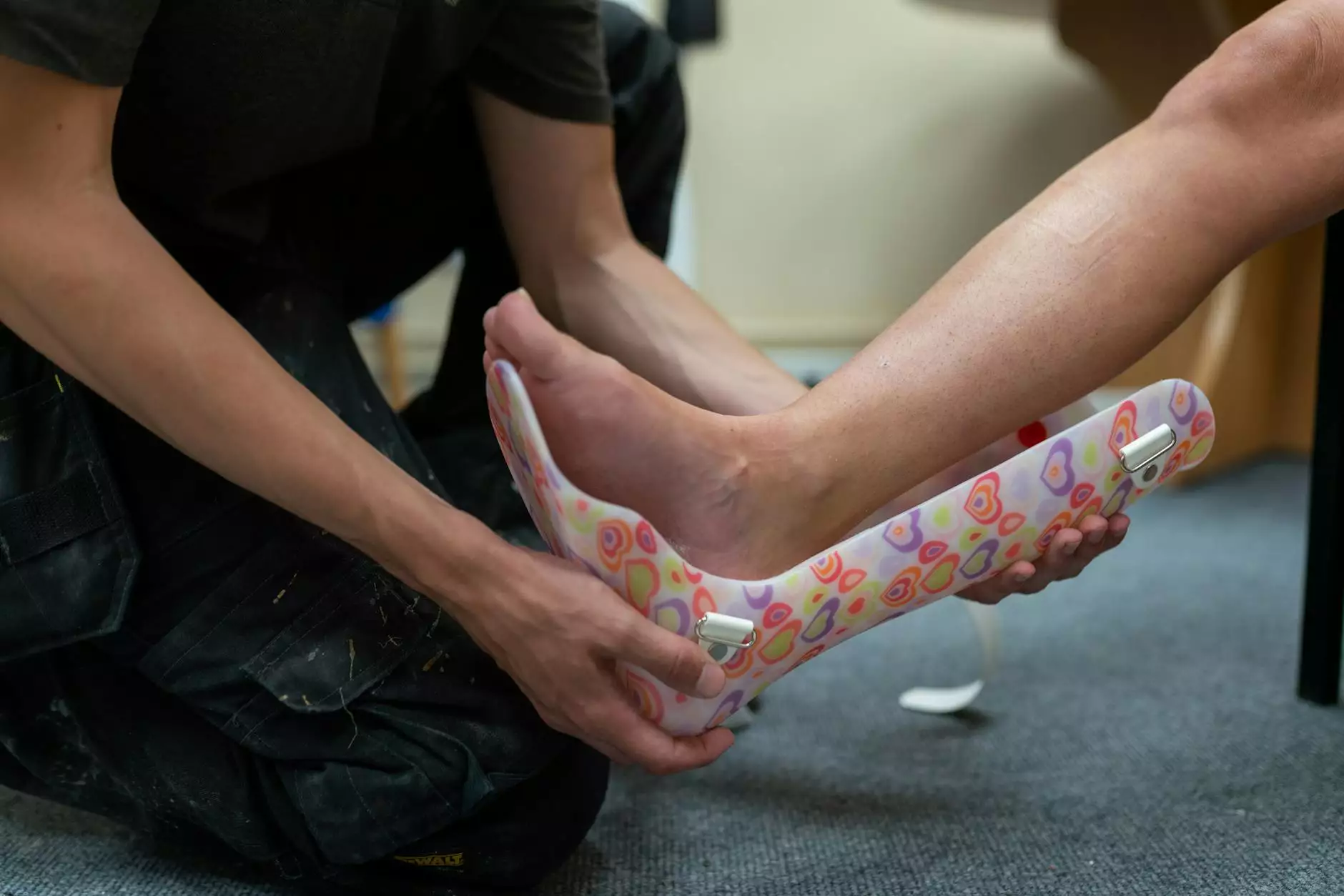The Centrality of Restless Leg Syndrome Medications in Vascular Medicine

Restless Leg Syndrome (RLS) is a common condition that affects countless individuals around the world. It is characterized by an irresistible urge to move the legs, often accompanied by uncomfortable sensations. When it comes to addressing the symptoms of RLS, the proper medication can make a significant difference in improving quality of life and promoting better sleep.
Understanding Restless Leg Syndrome
Before delving into the various medication options available for treating RLS, it is important to have a comprehensive understanding of the condition itself. RLS is a neurological disorder that can cause distressing symptoms, particularly during periods of rest or inactivity. This can lead to difficulties falling asleep and staying asleep, resulting in daytime fatigue and decreased quality of life.
Common Symptoms of RLS
- Unpleasant sensations in the legs, such as itching, crawling, or tingling
- An urge to move the legs, often temporarily relieving discomfort
- Symptoms worsening in the evening or nighttime
- Difficulty falling asleep or staying asleep due to leg discomfort
Exploring Medication Options for Restless Leg Syndrome
When it comes to managing RLS, medication plays a crucial role in alleviating symptoms and improving overall well-being. There are several classes of medications that have been shown to be effective in treating RLS, each targeting different aspects of the condition.
Dopaminergic Agents
Dopaminergic agents are commonly prescribed for RLS as they help regulate dopamine levels in the brain, which can improve motor control and reduce sensory symptoms in the legs. Medications such as pramipexole and ropinirole are examples of dopaminergic agents that have been found to be effective in managing RLS symptoms.
Alpha-2-Delta Ligands
Alpha-2-delta ligands are another class of medications that are often used to treat RLS. These medications, such as gabapentin enacarbil, work by affecting calcium channels in the brain, thereby reducing the excitability of neurons and alleviating symptoms of RLS.
Opioids
In cases where other medications have not provided sufficient relief, opioids may be prescribed to manage severe symptoms of RLS. Opioids can help modulate pain and discomfort associated with the condition, although they are typically reserved for more severe cases due to their potential for tolerance and dependence.
Consulting with Vascular Medicine Specialists at Truffles Vein Specialists
When seeking treatment for RLS and exploring medication options, it is essential to consult with experienced healthcare professionals who specialize in Vascular Medicine like the experts at Truffles Vein Specialists. Their team of dedicated doctors is well-versed in diagnosing and treating a wide range of vascular conditions, including RLS.
Comprehensive Care for Restless Leg Syndrome
At Truffles Vein Specialists, patients can expect individualized care and personalized treatment plans tailored to their specific needs. By combining cutting-edge medical expertise with a compassionate approach, the doctors at Truffles Vein Specialists strive to help patients find relief from the symptoms of RLS and improve their overall quality of life.
When it comes to managing RLS, the right medication can make a world of difference in alleviating discomfort and improving sleep quality. By working closely with skilled healthcare professionals who specialize in Vascular Medicine, individuals can take proactive steps towards effectively managing their symptoms and reclaiming their well-being.
restless leg syndrome meds


